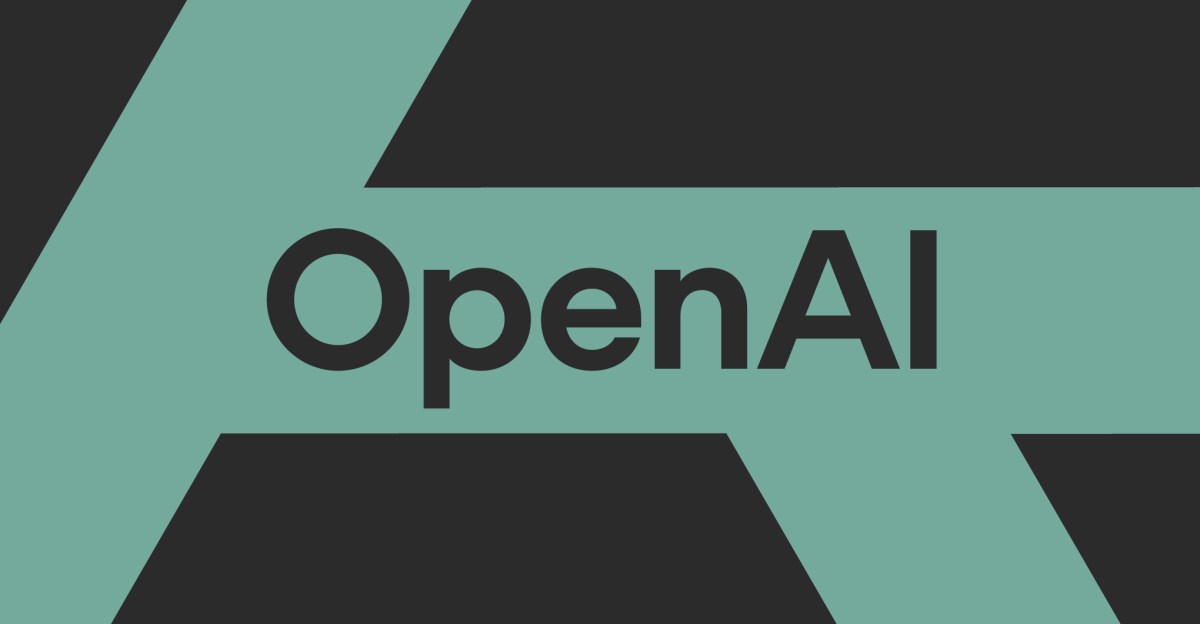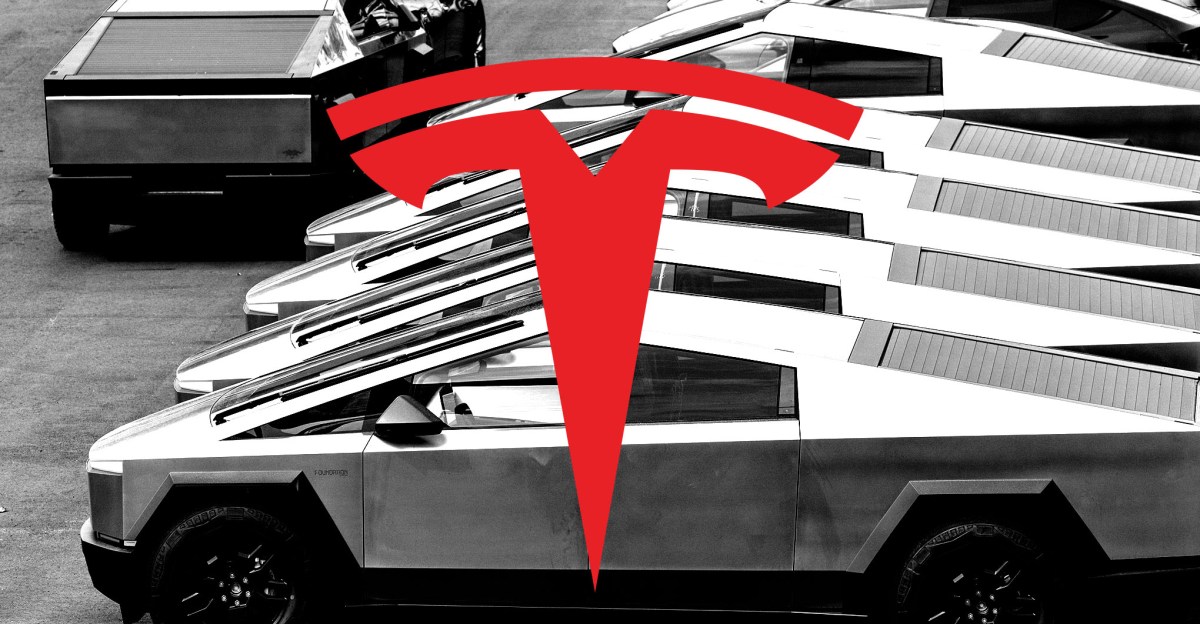Meta says it won’t sign the European Union’s artificial intelligence code of practice agreement, warning that “Europe is heading down the wrong path on AI.” The code published by the EU on July 10th is a voluntary set of guidelines to help companies follow the AI Act’s rules around general-purpose AI before they come into effect in a few weeks.
“We have carefully reviewed the European Commission’s Code of Practice for general-purpose AI (GPAI) models and Meta won’t be signing it,” Meta’s global affairs chief, Joel Kaplan, said via a statement on LinkedIn. “This Code introduces a number of legal uncertainties for model developers, as well as measures which go far beyond the scope of the AI Act.”
While the code of practice itself isn’t legally enforced, the EU says that general-purpose AI model providers who sign it will benefit from a “reduced administrative burden and increased legal certainty,” compared to providers that may otherwise be subject to more regulatory scrutiny. OpenAI announced its intention to sign the agreement on July 11th.
This comes ahead of AI Act rules coming into force on August 2nd that require general-purpose AI providers to be transparent about training and security risks for their models, and abide by EU and national copyright laws. The EU can fine companies that violate the AI Act up to seven percent of their annual sales.
Kaplan says that Meta is concerned that the EU’s landmark AI rulebook will act to throttle frontier model development and deployment in Europe, stunting European companies that comply with the bloc’s regulations. These concerns echo those raised in a letter signed by more than 45 companies and organizations last month, including Airbus, Mercedes-Benz, Philips, and ASML, that urged the EU to postpone the implementation of its landmark AI Act regulation for two years to address uncertainty around compliance.















Leave a Reply